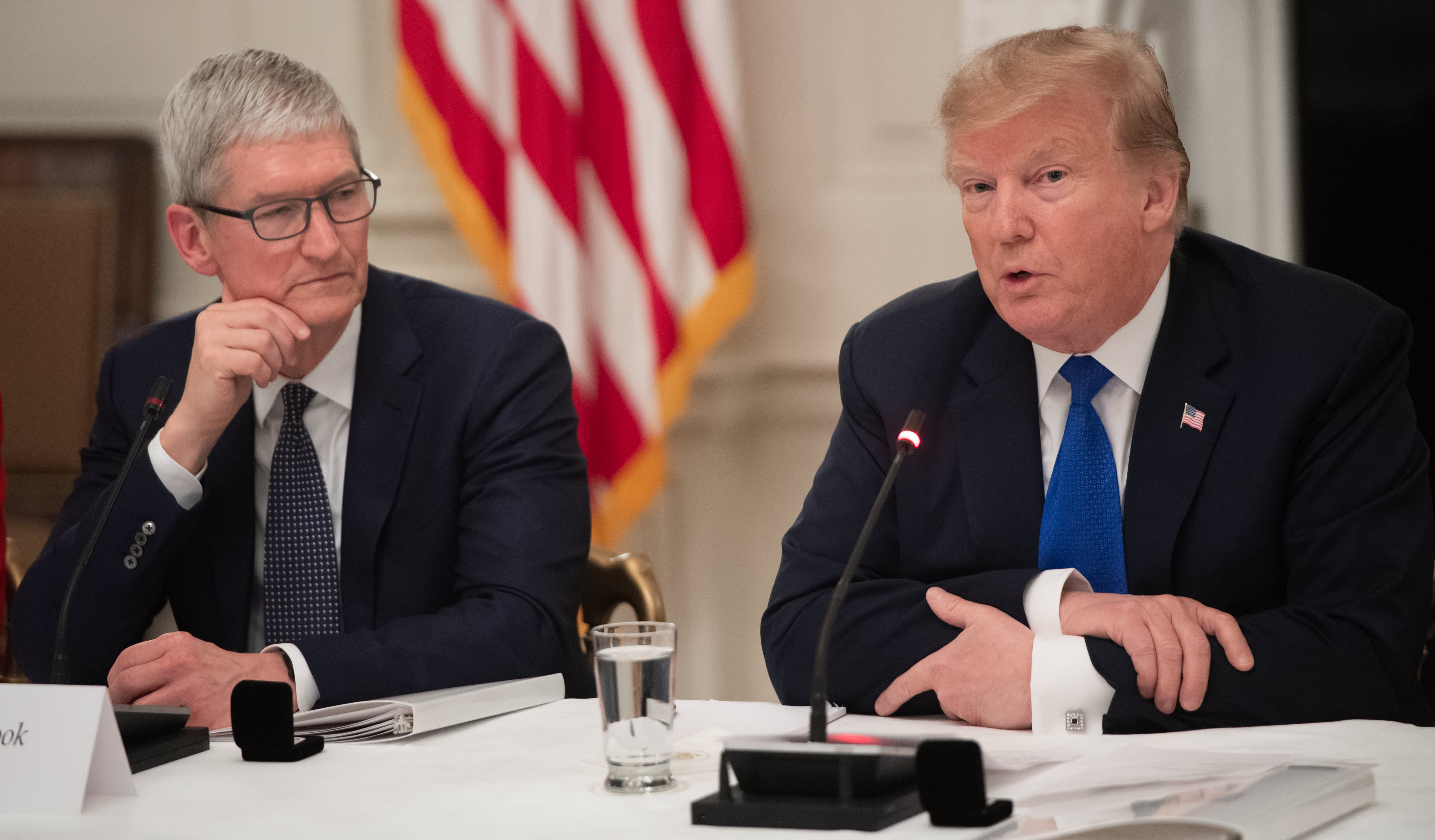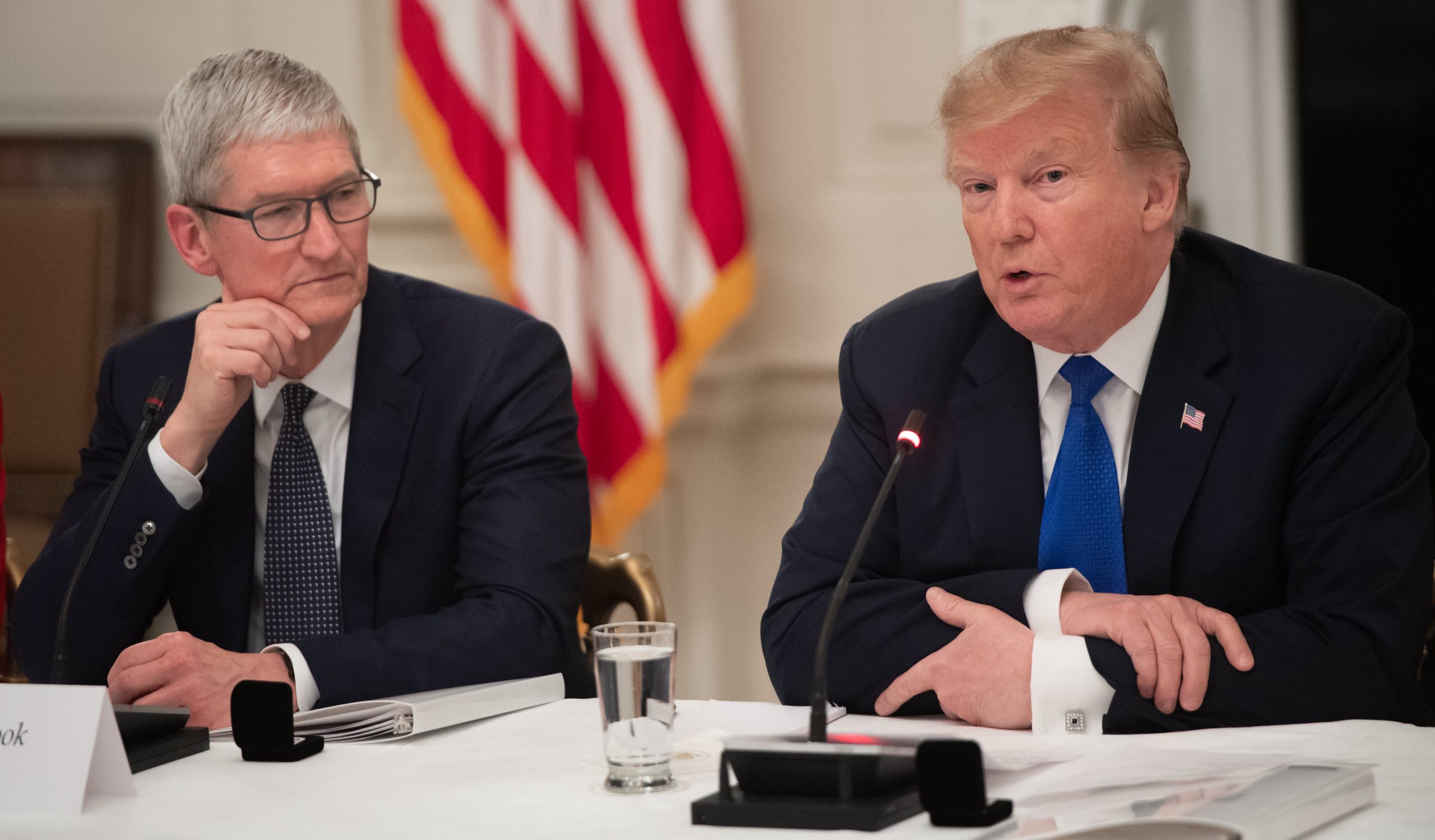
The recent exchange between former U.S. President Donald Trump and Apple CEO Tim Cook over the location of Apple’s manufacturing facilities has ignited considerable discussion on the intersection of politics, economics, and global business strategy. During a state visit to Qatar, Trump openly expressed his displeasure at Apple’s plans to expand its production in India, urging the tech giant to focus its manufacturing efforts within the United States instead. This confrontation highlights broader tensions rooted in trade policies, economic nationalism, and the complexities multinational corporations face navigating global supply chains.
Political Pressure and Economic Nationalism
Trump’s direct message to Tim Cook—“I don’t want you building in India”—reflects an overarching policy stance centered on prioritizing American manufacturing. This is more than a personal preference; it stems from the administration’s focus on bolstering domestic industry, preserving American jobs, and asserting technological leadership. The move to expand production in India appears to antagonize these goals. Trump reasoned that, despite India emerging as a potential technology manufacturing hub, the U.S. should remain the principal base for assembling Apple’s iconic products.
Underlying this perspective are trade dynamics and tariff policies. Trump criticized India for having some of the highest tariff barriers in the world, which complicate the sale of American-made products in the Indian market. Even though India reportedly proposed a zero-tariff package to the U.S., Trump’s priority was unequivocally to enhance domestic production. For his administration, relocating manufacturing overseas—be it India or elsewhere—represented a loss to American economic interests, particularly in terms of job preservation and maintaining industrial vitality.
The Realities of Global Manufacturing and Cost Considerations
While Trump’s stance projects a clear political message, the practicalities of reshoring Apple’s manufacturing are far more complicated. Industry experts argue that producing iPhones entirely within the United States would substantially increase costs, primarily due to higher labor wages and operational expenses. Laura Martin, an analyst at Needham, pointed out that such a move could raise production expenses dramatically, making it economically challenging for Apple.
Apple’s gradual shift towards diversifying production, notably in partnership with Indian manufacturers like Foxconn and Tata Electronics, has led to a significant increase in iPhone output in India—reportedly a $22 billion rise over the past year. This strategy allows Apple to mitigate geopolitical risks, reduce overreliance on China, and capitalize on India’s expanding domestic market. By balancing cost efficiency with risk management, Apple is strategically navigating an increasingly complex global trade landscape, one where political ambitions must sometimes yield to economic pragmatism.
India’s Growing Role in the Global Tech Manufacturing Ecosystem
India’s emergence as a major player in the electronics manufacturing sector cannot be overlooked. With government support and investment incentives, India positions itself as an attractive destination for large-scale technology manufacturing, a development that aligns with its broader economic goals, including job creation and infrastructure development. Policymakers in New Delhi have hailed Apple’s increased manufacturing footprint as a vital step toward establishing India as a global technology hub.
The country’s ambitions have contributed to Apple’s decision to expand production there, despite Trump’s outspoken opposition. This situation illustrates the complex dance multinational corporations must perform—balancing geopolitical pressures, economic incentives, and operational demands in a globalized business environment. Manufacturing diversification provides companies like Apple with flexibility and greater resilience, even if it conflicts with certain nationalistic policy agendas.
In summation, the dispute between Donald Trump and Tim Cook exemplifies the ongoing tension between protectionist trade policies and the operational realities faced by global corporations. While Trump’s insistence on prioritizing U.S. manufacturing reflects a desire to strengthen domestic industry, the economic and logistical challenges make such ambitions difficult to realize fully. Apple’s production expansion in India is a carefully weighed strategy to manage costs, diversify supply chains, and adapt to shifting geopolitical landscapes. This episode underscores the intricate balancing act companies undergo, navigating between political expectations and the pursuit of competitive advantage in an interconnected world.

